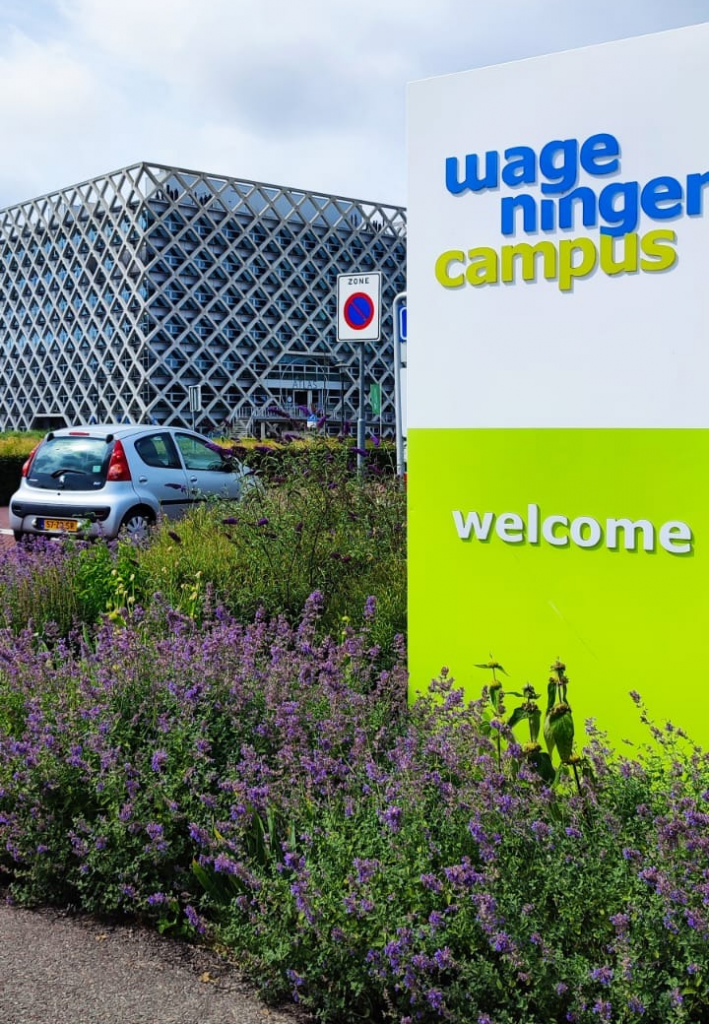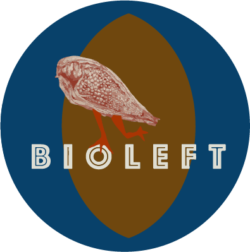From July 5 to 8, the SCORAI, ERSCP, and WUR Conference on “Transforming Consumption-Production Systems Toward Just and Sustainable Futures” took place in the Netherlands. There, Almendra Cremaschi presented his work: “Transitions to sustainability in the seed sector: the niche of open-source seeds?”. The goal of the presentation is to understand the role of open-source seed movements in the transitions to more sustainable seed system, using the transitions research framework.
Organizers:
The Sustainable Consumption Research and Action Initiative (SCORAI) is an international knowledge network of researchers and professionals committed to building a prosperous and ecologically rational society by changing the way we consume. Founded in 2008, it has approximately 1400 members with chapters in North America, Europe, Israel, China, and Brazil.
The European Roundtable on Sustainable Consumption and Production (ERSCP) is a research and action-oriented society that provides a platform for the encouragement, development, and dissemination of new initiatives aimed at promoting the implementation of concepts and approaches for (i) sustainable consumption and production, (ii) sustainable products and services, (iii) local and regional initiatives related to sustainability, and (iv) sustainability-oriented urban initiatives. It began as a network around a series of conferences under the name European Roundtable on Cleaner Production (ERSCP). The first Roundtable was organized in Graz, Austria, in 1994.
Wageningen University & Research (WUR) is a collaboration between Wageningen University and the Wageningen Research Foundation. This internationally recognized university has over 6,500 employees and 12,500 students from around the world working together in the fields of healthy food and living environment. The university’s three main research areas are ‘Food, feed, and biobased production,’ ‘Natural resources and living environment,’ and ‘Society and well-being.’ The Department of Social Sciences (DSS) hosts various chair groups working together to advance the transitions required for a more equal, sustainable, and healthy society. Through interdisciplinary and transdisciplinary collaboration, research within DSS and WUR provides solutions on how to change or improve systems, practices, and behaviors, and how to generate support in society.

